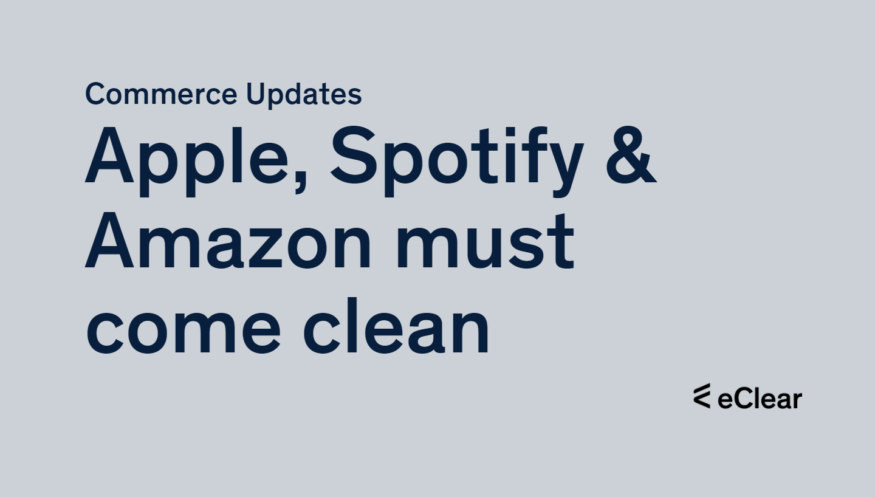The European Commission is taking action against tech companies like Amazon, Apple, and Spotify, which have not fully disclosed their European user numbers under the Digital Services Act (DSA), reports Politico. Commissioner Thierry Breton emphasised the importance of providing accurate figures and warned that non-compliant companies would be pursued. The DSA, adopted in 2022, aims to improve content moderation on online platforms, tackling illegal and harmful material. As the formal designation of huge online platforms proceeds, Breton urged companies to comply with the DSA’s requirements to ensure that European regulations work effectively for the benefit of citizens.
Psychology plays a big role: Steinbrück on the current crisis in the banking market

Former German Finance Minister and Chairman of eClear AG Peer Steinbrueck
Former German Finance Minister and Chairman of the Supervisory Board of eClear AG Peer Steinbrück remains calm despite the turbulence in the banking market. In an interview with “Der Spiegel”, he emphasised that the current events are not a repeat of the financial crisis of 2008. The affected banks in the USA had different business models than most banks in Germany. The Swiss bank Credit Suisse had also been embarrassed before. Steinbrück sees the shadow banking sector as the biggest risk and calls for tighter regulation. However, he also emphasises that the European banking sector has become more robust and that the European Banking Union has, after all, come a long way. Steinbrück warned against uncertainty and stressed that psychology plays a big role. He would become uneasy if citizens emptied their accounts.
Italy Enforces New Rules for E-commerce Sellers
Italy has implemented new rules for e-commerce sellers in accordance with the recently published Consumer Code, reports fiscal-requirements.com. The main changes include increased transparency for online sales, such as indicating whether sellers are individuals or professionals, providing general information on products presented in search results, and disclosing the lowest price charged in the previous 30 days for price reduction announcements. Sanctions are in place for non-compliance. The new regulations also require clear disclosure of sponsored ads and the source of published reviews. Consumers who withdraw from a contract must refrain from using digital content or services and making it available to third parties.
UK VAT Gap Narrows to £10 Billion
The UK’s VAT tax gap for the financial year 2021-22 is estimated at £10 billion, or 6.9% of VAT receipts, according to the payments platform Ecospend. HMRC data reveals that Open Banking technology has been instrumental in reducing the VAT gap, representing the difference between expected VAT revenue and the amount collected. The gap has shrunk from 7% the previous year, highlighting the importance of new payment technologies in closing the gap further. Since the financial year 2005-06, when the VAT tax gap was 14.1%, there has been a general downward trend, despite occasional spikes.
Poland Explores VAT Warehouse System
The Polish Ministry of Finance has initiated tax consultations to assess the feasibility of implementing the VAT warehouse system within the country’s legal framework. The goal is to identify industries where VAT warehouses could provide a beneficial solution, particularly for those involved in international trade. Stakeholders are invited to submit their opinions and comments until April 3, 2023.
VAT warehouses can serve as an investment incentive for businesses by simplifying VAT settlements and collections. The European Union allows member states to introduce VAT exemptions for certain international trade transactions, such as deliveries to bonded warehouses, non-customs warehouses, and free zones. Poland has already implemented some solutions allowed by the VAT Directive.
ATLAS AES 3.0: New mandatory information for export declarations
During the changeover to ATLAS export declaration AES 3.0, new mandatory fields must be introduced for German exporters, AWB International reports. In addition to the previous indication of the region of dispatch, the country of origin (D.E. No. 16 08 000 000) must now also be indicated following Annex B UZK-DA. For exports from a country apart from Germany, enter the code “99” as the region of dispatch for “Ausland” (foreign country). Suppose the country of origin is unknown at the time of declaration. In that case, the presumed country of origin or the country of origin/dispatch may be entered.







